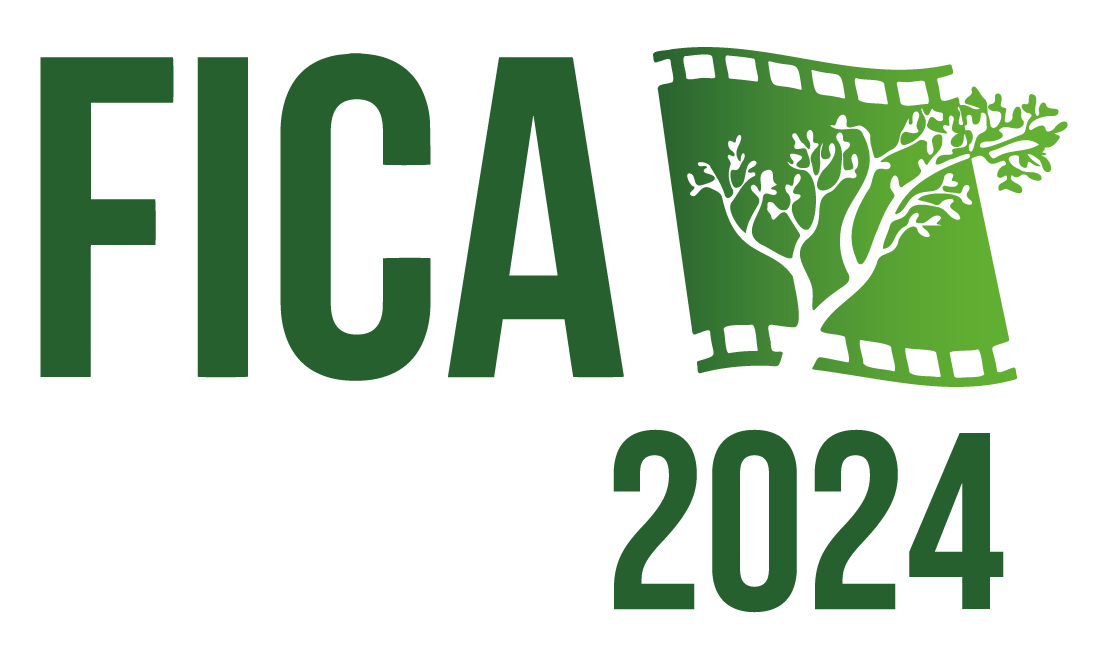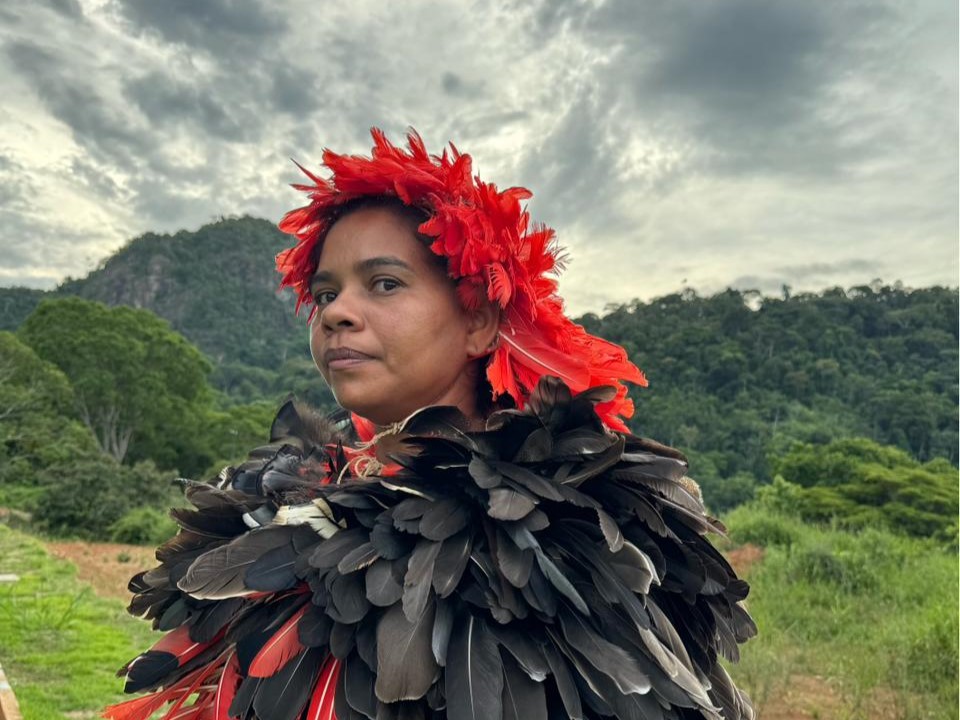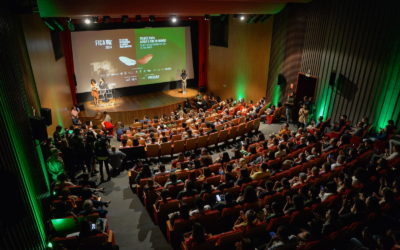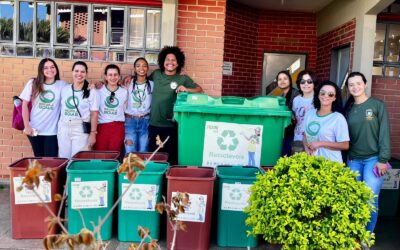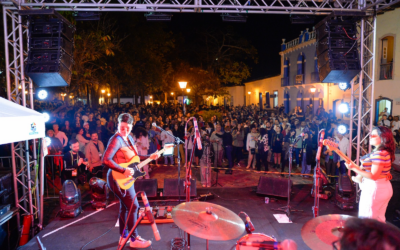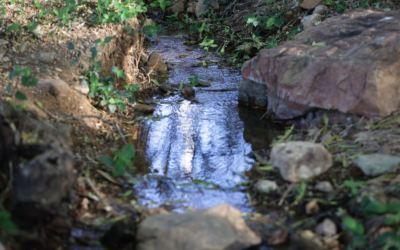Unprecedented in this edition, the exhibition features nine films, three of which are feature films and six short films.
The Indigenous Cinema and Traditional Peoples Exhibition is one of the new features of the 25th edition of the International Environmental Film and Video Festival (Fica). The exhibition, which is competitive, aims to strengthen audiovisual production made by people who are part of communities and territories, and has the visual artist, filmmaker, writer, anthropologist and researcher from Bahia Glicéria Tupinambá, known as Célia Tupinambá, as curator .
Fica takes place in the City of Goiás between the 11th and 16th of June and is organized by the Government of Goiás, through the State Secretariat for Culture (Secult), in conjunction with the Federal University of Goiás (UFG), through from the Educational Radio and Television Foundation (RTVE).
Nine films were selected for this exhibition, three feature films and six short films. The festival's programming director, Pedro Novaes, explains that, although previous editions of Fica had indigenous films in the main exhibition, this year the creation of a specific exhibition is guided by the need to increase the visibility and recognition of indigenous productions and traditional communities, such as quilombolas and gypsies.
“There is a very large production of films made about communities, but we especially look for those made by people who are part of these communities. Audiovisual has become an important tool for these communities in the fight for rights and territories, and we thought it was time to create a space that could give this production the relevance it deserves”, says Novaes.
The works in the Indigenous Cinema and Traditional Peoples Exhibition were evaluated and curated by Célia Tupinambá, a member of the selection committee and an indigenous person from the Tupinambá de Olivença Land, in the south of the state of Bahia. For her, audiovisual work enhances struggles, raises awareness and shows that there is another dynamic and another perspective on these communities.
“Audiovisual arrives quickly, arrives in spaces and promotes the deconstruction of colonial thinking, and decolonizing many of the experiences of people’s lives is necessary. The festival has a wide scope of all the demands that are guided by minority societies and my participation brings a perspective of community, of struggle, of resistance, of showing a little”, details Célia.
Glicéria Tupinambá
Glicéria Tupinambá, also known as Célia Tupinambá, is a visual artist, filmmaker, teacher and currently studying for a master's degree in Social Anthropology at the National Museum, in Rio de Janeiro. She is from the Serra do Padeiro village, located in the Tupinambá de Olivença Indigenous Land, in the south of the state of Bahia, and participates intensely in the political and religious life of her people.
Representative of the Tupinambás at the United Nations Organization for Gender Equality and the Empowerment of Women (UN Women), Célia was also a protagonist in the resumption of the making of Tupinambá cloaks, ritual objects that were taken from Brazil to Europe in the colonial period. She learned how to make the artifact in 2006 and became the first woman to build it in more than 400 years.
Célia also led the negotiations to repatriate to Brazil, in 2024, the Tupinambá mantle that is currently in the National Museum of Denmark, in Copenhagen. This year he also represented Brazil at the 60th Venice Biennale with the exhibition Ka'a Pûera: we are birds that walk.
In 2021, Célia curated the exhibition “Kwá yapé turusú yuriri assojaba tupinambá | This is the great return of the Tupinambá mantle”, at Funarte Brasília. Recently, she was the winner of the 10th edition of the ZUM/IMS Photography Scholarship with the project “We are birds that walk”. In 2015, she made the documentary “Voz das Mulheres Indígenas”, which brings together testimonies from indigenous women in Bahia, Pernambuco, Rio Grande do Norte and Alagoas.
Multicultural event
Fica 2024 has a vast free program, with competitive exhibitions, debates with big names in national and international cinema, environmental activities and cultural attractions.
The festival is supported by the Goiás Social program; of the State Secretariats for Resumption; of Science, Technology and Innovation (Secti); and Environment and Sustainable Development (Semad); Saneago; State University of Goiás (UEG), Federal Institute of Goiás (IFG); Social Service of Commerce (Sesc) and City Hall of the city of Goiás. This year the event also has as supporters the United Nations Educational, Scientific and Cultural Organization (Unesco), National Foundation of Indigenous Peoples (Funai), Fundação Oswaldo Cruz (Fiocruz), Grupo Kelldrin and Saga BYD.
